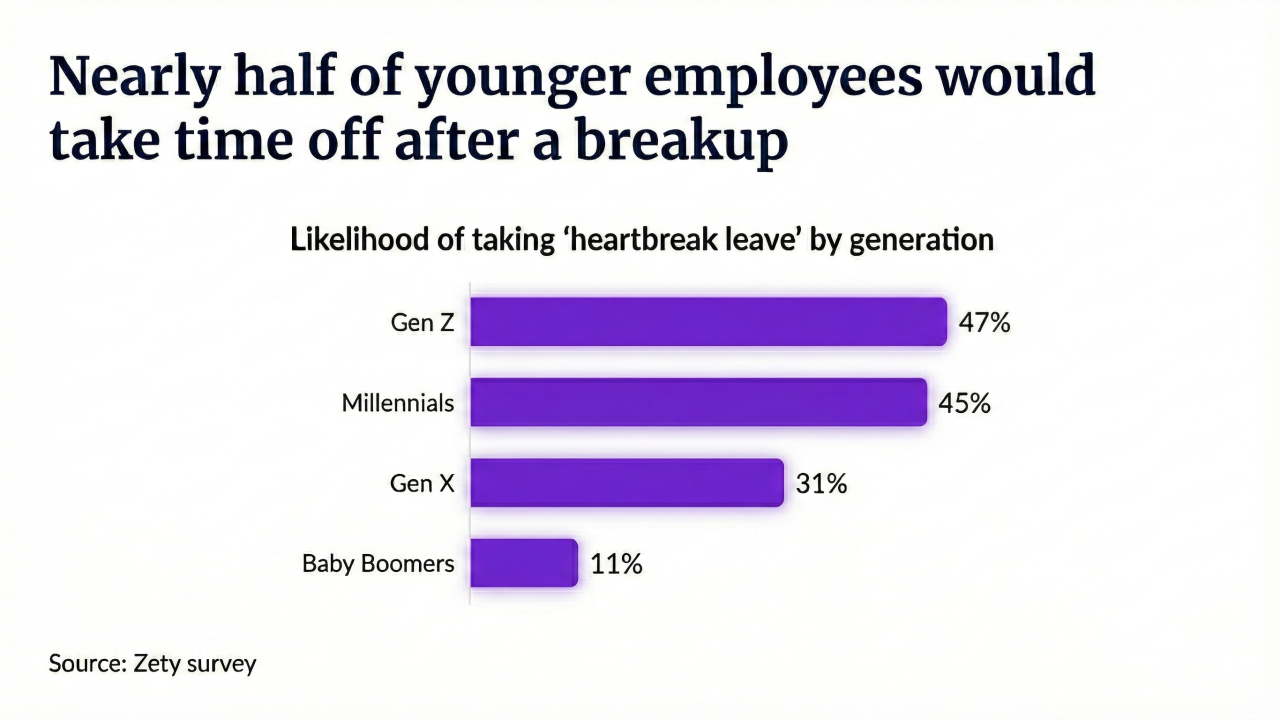People are standing up for their right to equal pay, and states are listening by providing restitution to employees who are being paid less due to discrimination, says Denise Visconti, a labor attorney at law firm Littler Mendelson.
While women are paid 80 cents to every dollar a man makes, according to a 2015 U.S. census survey, other studies say the pay gap is even worse for minorities. But more states are passing legislation so employees can receive the compensation they deserve.
Employee Benefit News spoke to Visconti to discuss how these laws impact the workplace and what companies can do to avoid pay discrimination. This interview has been condensed and edited for clarity.
EBN: Pay equity seemed to be a hot topic this past year. What’s the reason behind this renewed interest and call to action?

Denise Visconti: The pay gap still persists, and I think that is continuing to generate interest and cause states to put laws on the books to address that the pay gap does in fact exist. The laws address in part the gender pay gap, but the gap between African Americans and other non-white groups is even larger.
So far, about half the states have ratified their own laws to address pay equity; New Jersey is the latest. I think we’re going to see even more states following suit as more people educate themselves on these issues. Nine states have laws preventing employers from asking potential new hires about their previous salary, so labor issues are definitely trending.
EBN: So how do these laws affect corporate operations?
Visconti: What the laws essentially do is say to businesses and organizations that they can no longer pay people belonging to protected groups lower wages than their colleagues. What that means for businesses is they have to look at what they’re paying people and make sure there are no differences. You can choose to pay people based on how good job they do, how long they’ve been with organization and the cost of living, but you absolutely cannot discriminate based on sex, ethnicity, age, religion, or any other protected status.
EBN: How can companies ensure pay equity? What steps should they take?
Visconti: The most important thing they can do is do an audit. When they start thinking about the annual compensation process they need to consider incorporating an audit. I talk to clients all the time, and they just don’t know what they don’t know. An audit will help identify areas of concern so they can be addressed.
The biggest key to a lot of these laws is pay gaps don’t have to be intentional to take the issue to court. If you are paying people less you could be violating the law. If someone were able to say, “I believe I’m being paid less because I belong to a protected group,” under most statutes it becomes the employer’s burden to prove they are not and provide an adequate explanation. Without some sort of business reason for the pay inequity, they could be committing a potential violation.
I think the first line of defense is to engage counsel. We certainly have a number of auditing tools at our disposal to make sure companies compliant.
EBN: What are the consequences for violating employee equity laws?
Visconti: It definitely varies based on federal or state laws. But we’re starting to see a lot of lawsuits at both levels where employees allege they’re being paid less because of a protected group status. If it’s proven in court, employers are required to pay damages.
In most states with pay gap laws, the employee can recover the amount of underpayment. For example, someone underpaid by $10,000 can recover that amount. Some states have passed liquidated damages; in California, someone can receive twice the amount they’ve been underpaid in a court settlement. In New York, the liquidation rate is 300% of the underpayment amount. These lawsuits can get really expensive.





